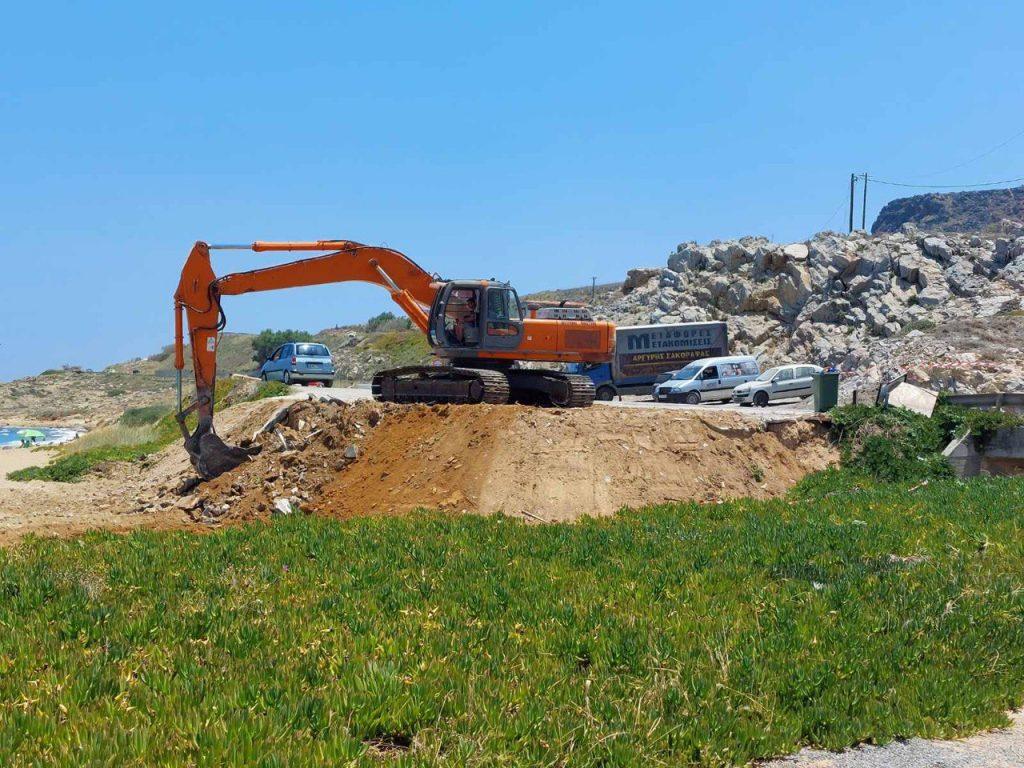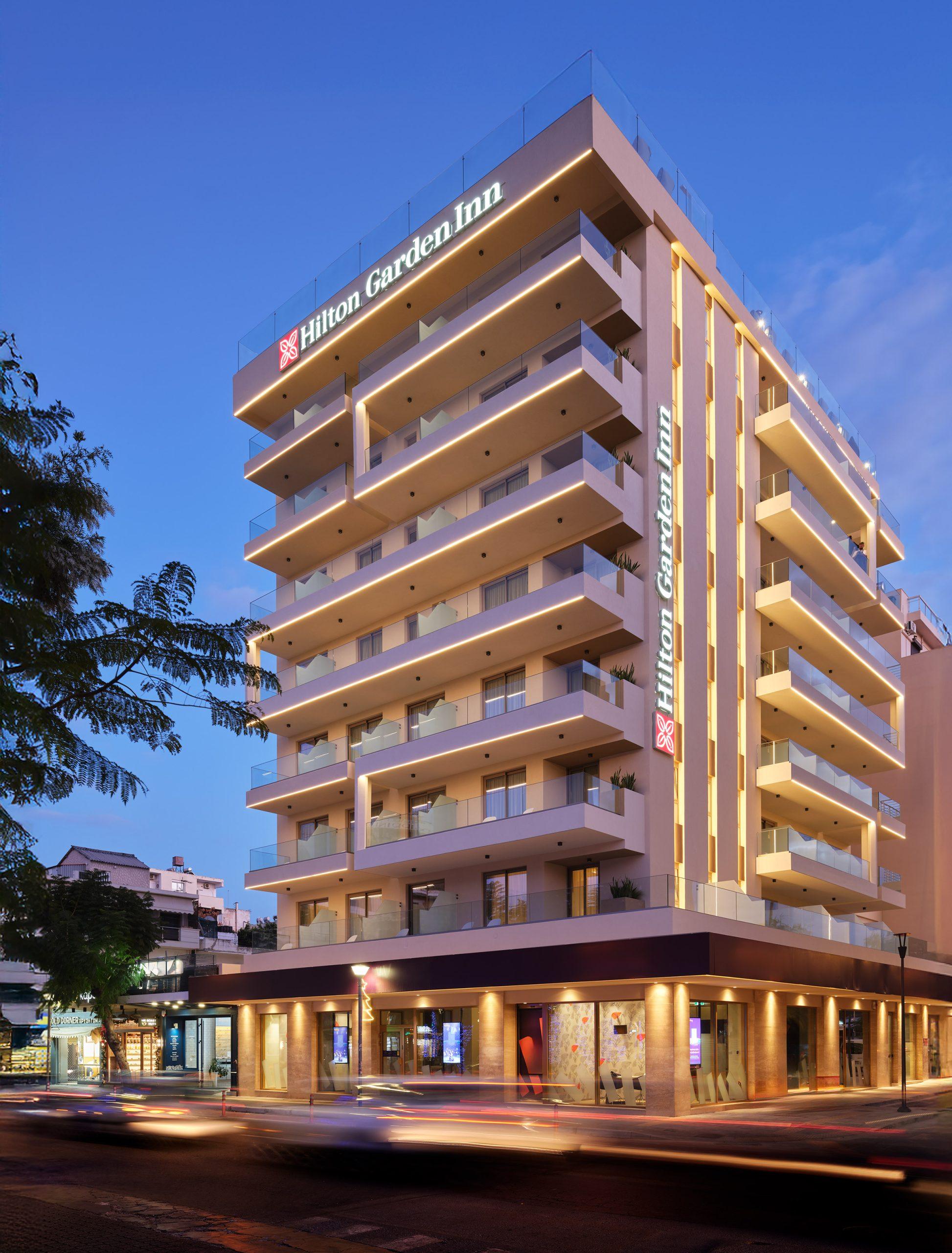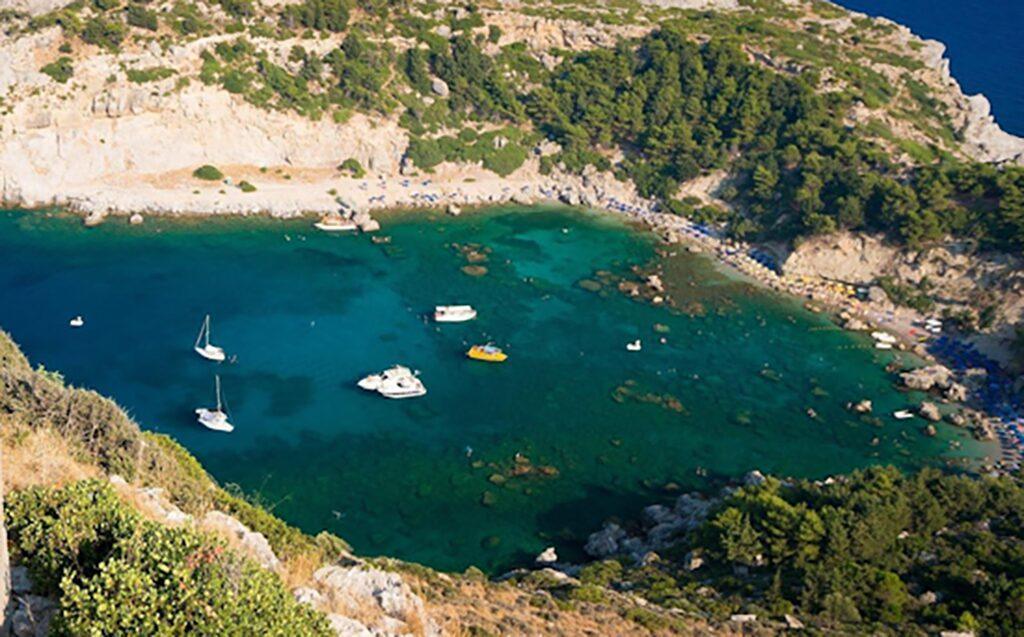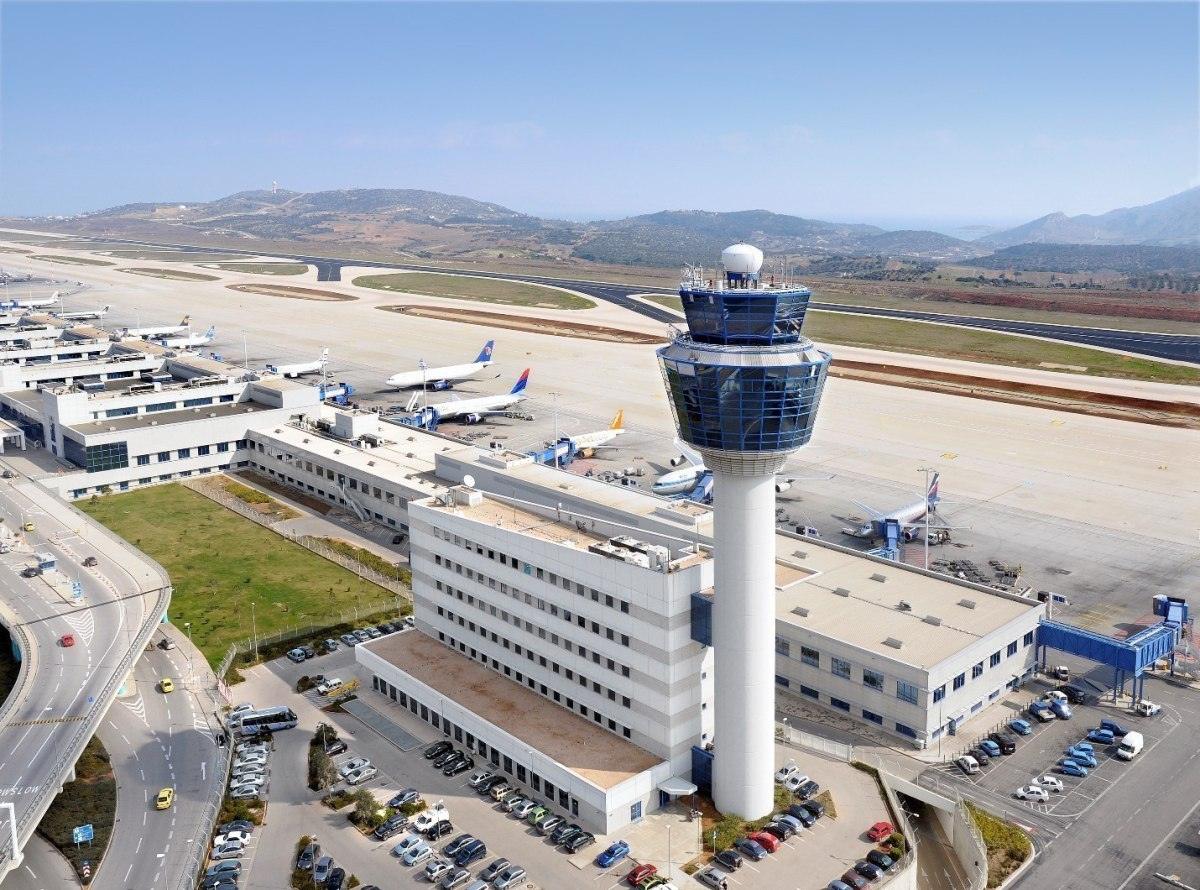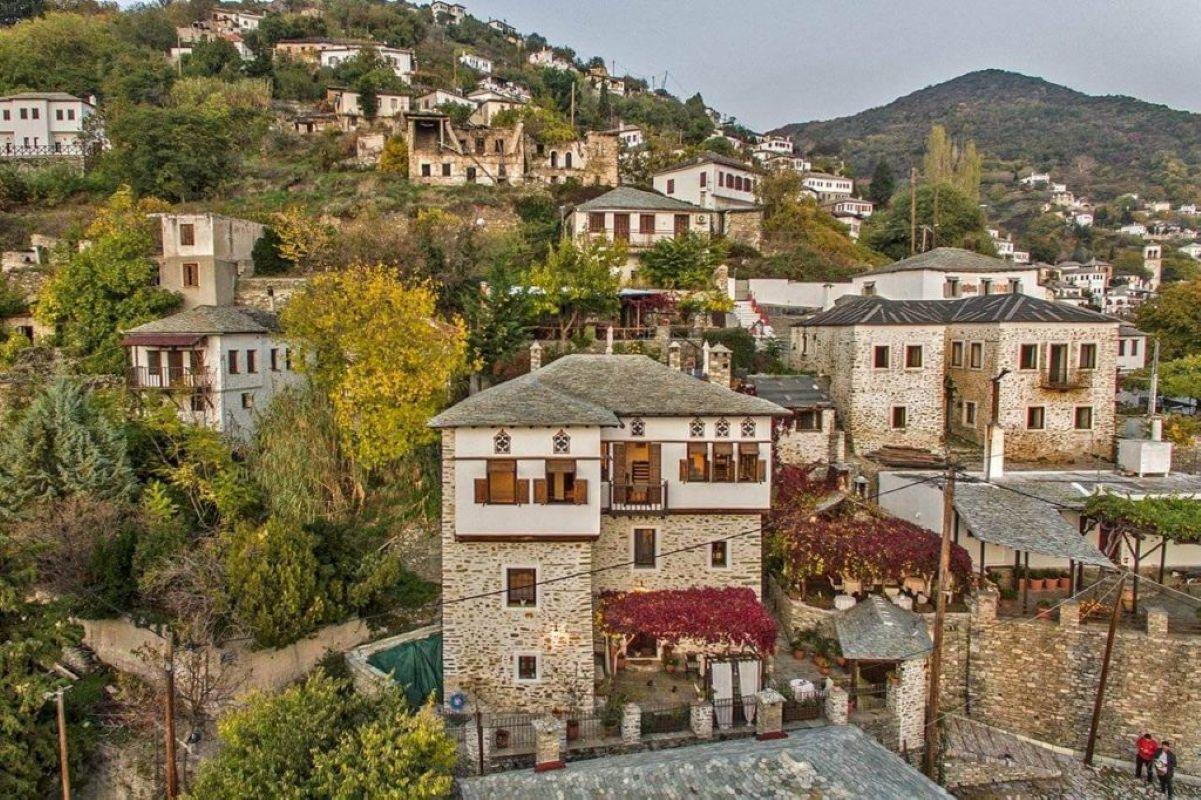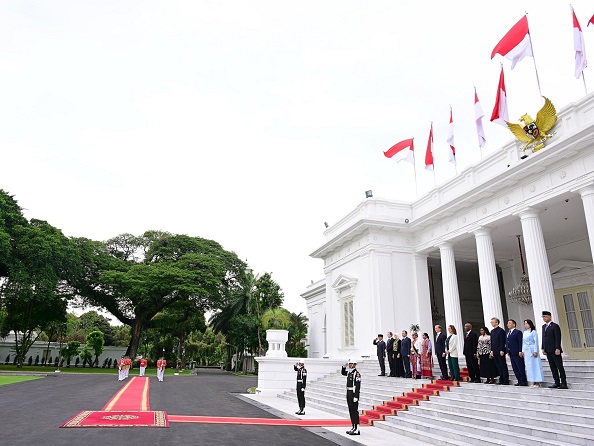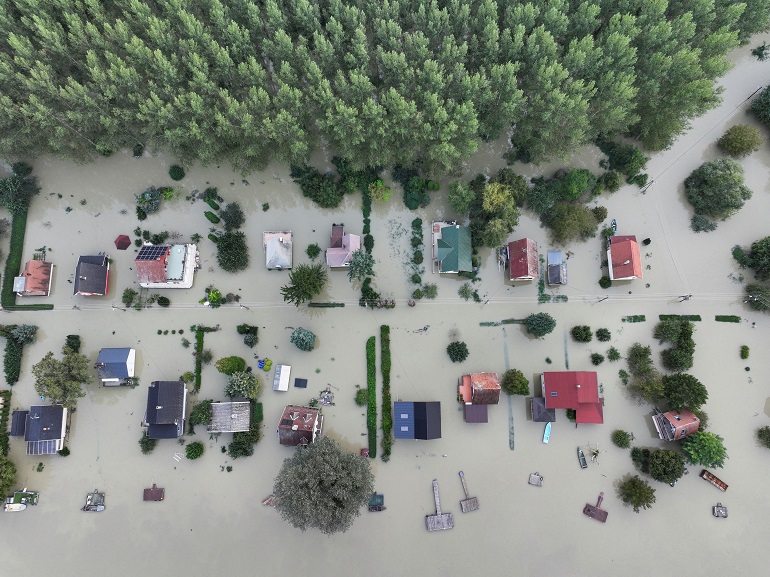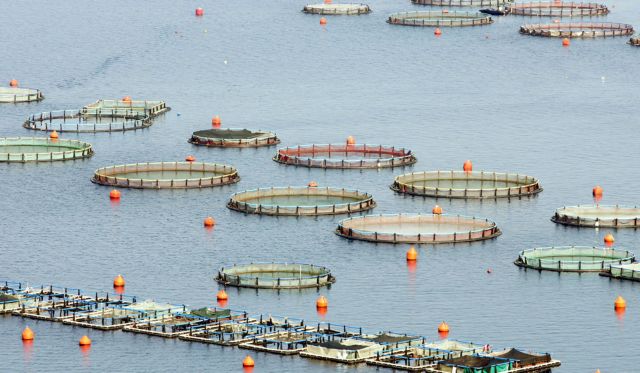The “shipbuilding trident” with the shipyards of Syros, Elefsina and soon Skaramagas has begun to emerge, noted the president of the Piraeus Chamber of Commerce and Industry Vassilis Korkidis in his greeting at the conference on “The future of Naval Shipbuilding”.
He added that the Greek shipbuilding sector can once again become a branch of Greek-owned shipping. Mr Korkidis warmly welcomed the recent decision of the Council of Ministers to approve the plan for the rehabilitation of the Elefsina Shipyards, “which, he added, will prove not only nationally useful and socially correct, as it will help not only to maintain, but to increase jobs “.
The country’s shipbuilding sector is fortunately recovering after a cycle of 25 years of continuous loss of competitiveness, until the total decline that left it in a ‘comatose’ state, noted Mr. Korkidis, adding that the successful restart of Neorio, and soon of Elefsina and Skaramagas shipyards, Greece can be repositioned competitively in the international market. Essentially the challenge at this stage is the formation of an institutional framework, by the co-responsible Ministries of Development, Shipping and Defense.
Mr Korkidis noted that the Greek shipbuilding sector must again become a branch of Greek-owned shipping, as when Goulandris, Niarchos and Andreadis started their shipyards in Greece, and be treated as a key sector of the domestic heavy industry.
Greece remains the leading shipping country in the world, as Greek shipowners with 5,514 ships currently control about 21% of the world and 59% of the European fleet in terms of tonnage (dwt). Which means that Greek-owned shipping will be called upon, due to the energy crisis and the war, to reverse the proportion, 25% by sea and 75% by pipeline, of transporting and supplying natural gas for the needs of the 27 EU countries.
The total capacity of the Greek-owned fleet has increased by 45.8% compared to 2014, while even during the COVID-19 pandemic, ie from 2019, the capacity increased by 7.4%. This is emphasized in the annual report of the Hellenic Shipowners’ Association. Greek shipowners control 32% of tankers, 25% of bulk carriers, 22% of LNGs, 16% of chemical carriers, 14% of LPGs and 10% of container ships worldwide.
For the President of the Piraeus Chamber it is not possible for the largest customer who is Greek, and headquartered in Piraeus and to not have the three large Greek shipyards in full operation. It is impossible for the strongest shipping in the world not to have the proper shipbuilding support in its country.
Because of the focus on “smart and green” ships, the country’s shipyards can play a leading role in the modernization of the global fleet, but also its adaptation to all the provisions of the IMO. Improving the ships of the coastal shipping is an answer to the challenges shipyards will face, both with the construction of the ship and the withdrawal of the old ships.
The development of the “5S” cluster
Mr. Korkidis also highlighted the need to look at the broader maritime “5S” cluster: Shipping, Services, Spares, Supplies, Shipyards. Today in the wider Piraeus area there is a large number of companies, of all sizes, in the field of shipbuilding repairs, construction and repair of spare parts for ships of all types, as well as the supply of consumables. These companies, which survived the collapse of the shipbuilding sector, are looking forward to its revival expecting to “co-operate” with the shipyards.
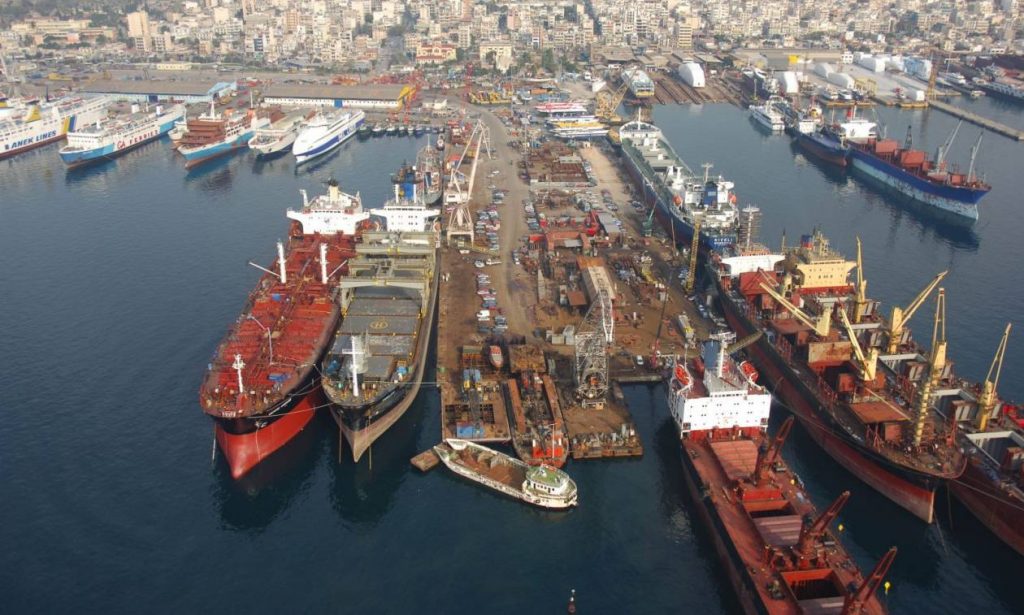


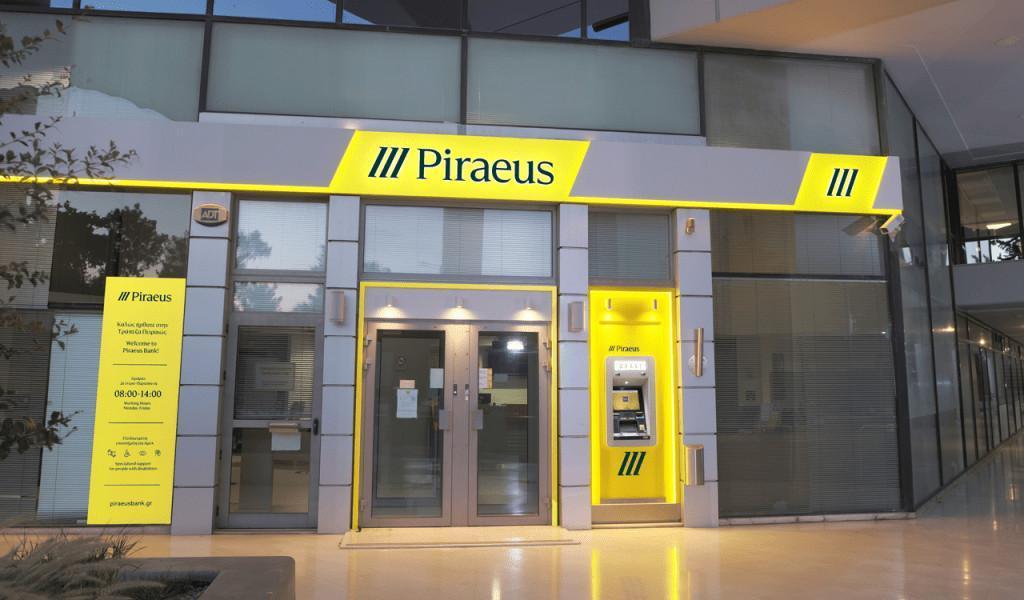






![Επαγγελματικά ακίνητα: Στα ύψη οι τιμές ενοικίασης – Οι περιοχές [πίνακες]](https://www.ot.gr/wp-content/uploads/2025/12/graf-1024x551-1.jpg)
